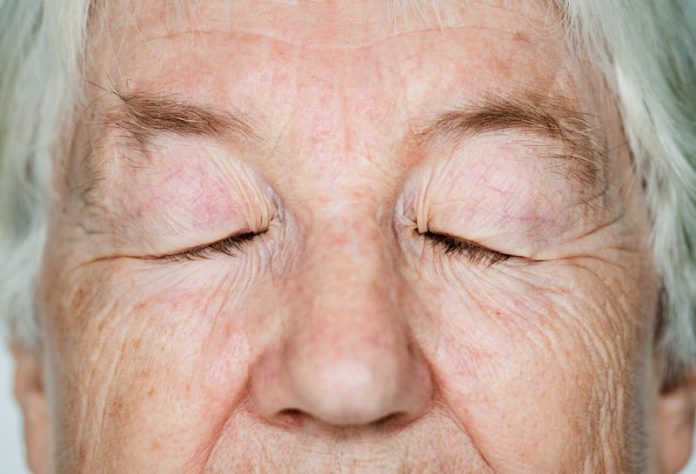
Scientists at the University of Colorado Anschutz Medical Campus have made an important discovery about why our memory and learning abilities decline as we age.
They’ve identified a brain protein called CaMKII, which plays a crucial role in how our brain processes memory and learning. Their findings, published in the journal Science Signaling, could lead to new ways to slow or even prevent age-related cognitive decline.
The Role of CaMKII in Memory
CaMKII is a protein that helps regulate brain activity, especially in areas related to memory and learning. As we grow older, changes in the way this protein functions can lead to a decline in cognitive abilities.
The research team, led by Professor Ulli Bayer, demonstrated in mouse models that altering the behavior of CaMKII caused cognitive changes similar to those seen in normal aging. This suggests that CaMKII plays a significant role in the natural decline of memory and learning over time.
The Aging Process and Protein Modification
One of the key findings of the study is the role of a process called S-nitrosylation in maintaining brain function. S-nitrosylation is a chemical modification that helps regulate how proteins, like CaMKII, work in the brain.
As we age, this process becomes less effective because our bodies produce less nitric oxide, a molecule essential for S-nitrosylation.
In both humans and mice, the reduction in nitric oxide leads to lower levels of S-nitrosylation, which directly impacts the function of CaMKII.
According to Professor Bayer, this reduction in protein modification is enough to cause problems in brain function, including memory loss and reduced ability to learn—issues that many people experience as they get older.
A Path to New Treatments
While the decline in CaMKII function is a normal part of aging, the researchers believe that this process could be targeted with new treatments.
By finding ways to restore proper S-nitrosylation of CaMKII, scientists may be able to slow down or prevent the cognitive decline that comes with age.
Professor Bayer emphasized that this type of treatment would be focused on normal aging and wouldn’t apply to more severe brain diseases like Alzheimer’s or dementia.
However, for the millions of people experiencing normal age-related memory loss, this discovery offers hope for potential therapies that could help maintain brain function as they age.
The next step, Bayer explains, is to explore pharmacological methods to target CaMKII and restore its proper function. This means developing drugs or other treatments that can boost S-nitrosylation and keep the brain protein working as it should.
Looking Ahead
This breakthrough opens the door to a new kind of treatment for cognitive decline, specifically aimed at the aging process.
By focusing on the role of CaMKII and its regulation through S-nitrosylation, scientists hope to develop strategies that could make a real difference in maintaining memory and learning in older adults.
While these findings are still in the early stages, they offer promising possibilities for the future of brain health.
For now, understanding the connection between nitric oxide levels, S-nitrosylation, and CaMKII function gives researchers a clear path forward in the fight against age-related memory loss.
This study not only sheds light on why memory declines as we age but also offers hope that, with further research, we may be able to develop treatments that help people stay sharp as they grow older.
If you are concerned about brain health, there are ongoing studies showing that some daily habits, such as exercise or consuming certain foods, may help reduce the risk of brain diseases like dementia.
The research was published in Science Signaling and marks an exciting step forward in understanding how aging affects the brain.
If you care about dementia, please read studies about Vitamin B9 deficiency linked to higher dementia risk, and flavonoid-rich foods could help prevent dementia.
For more information about brain health, please see recent studies that cranberries could help boost memory, and how alcohol, coffee and tea intake influence cognitive decline.
Copyright © 2024 Knowridge Science Report. All rights reserved.



